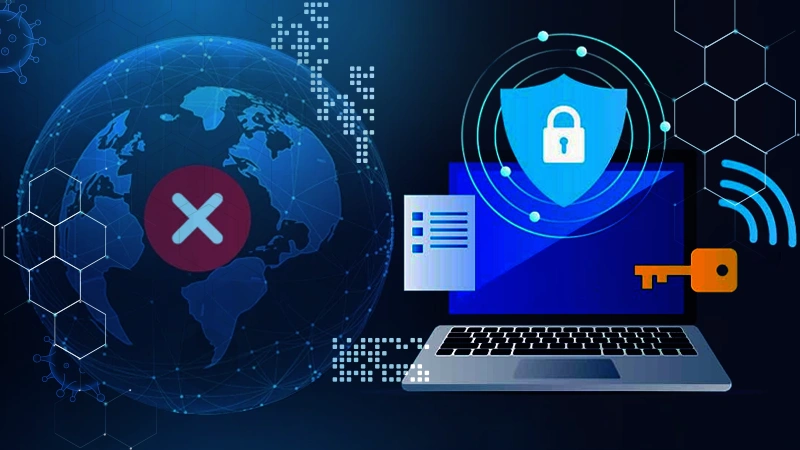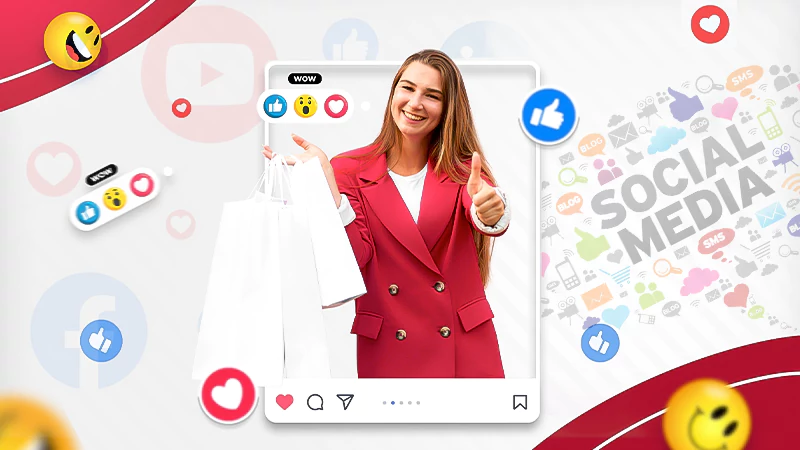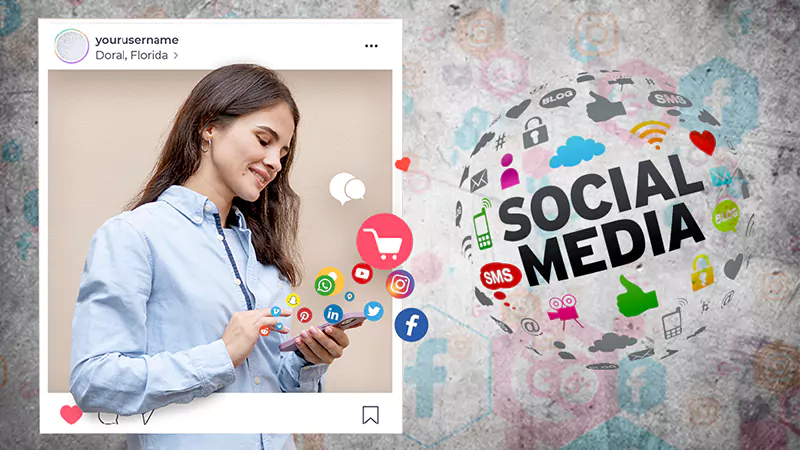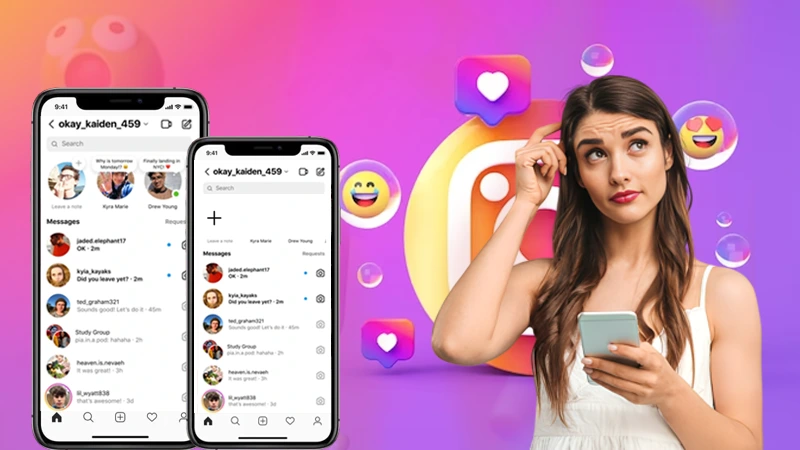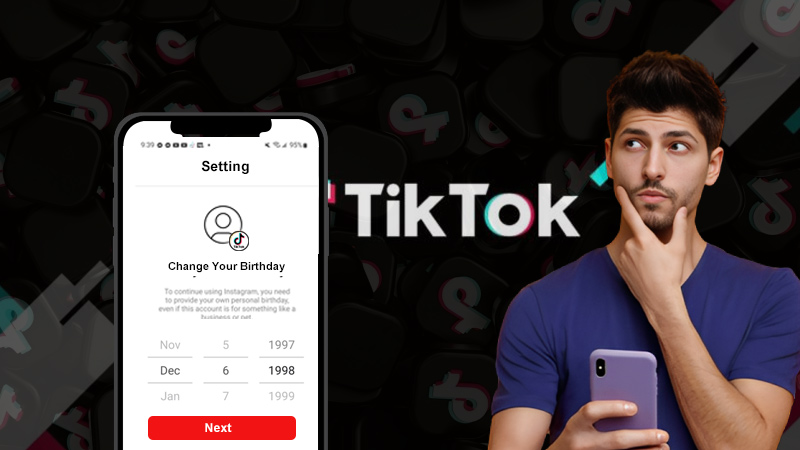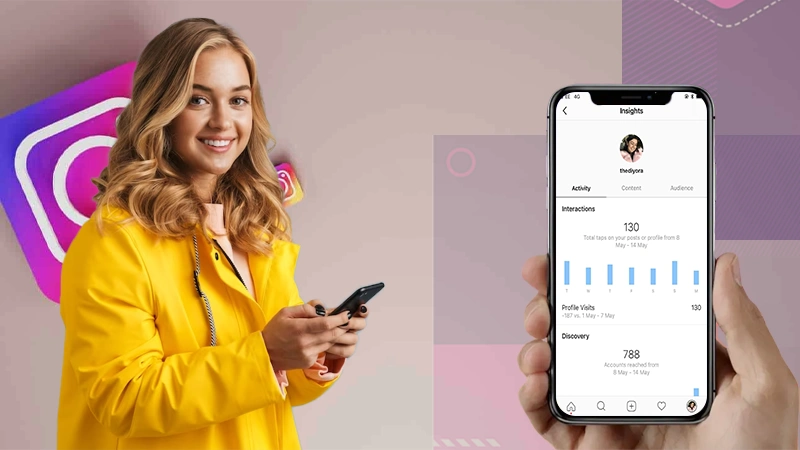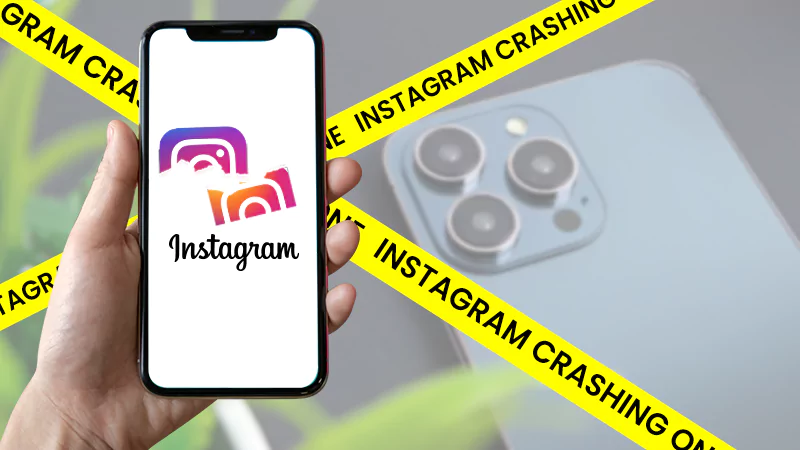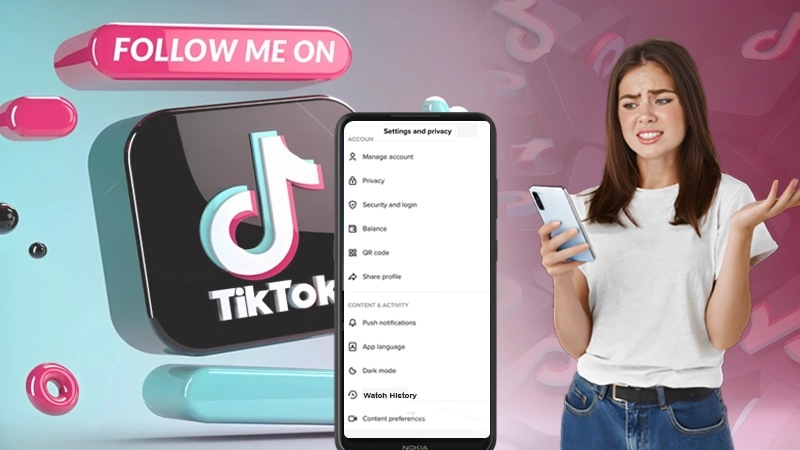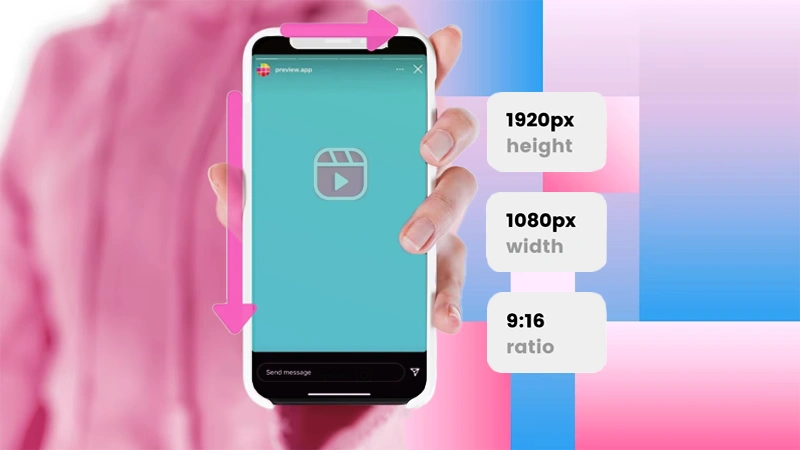How Social Media Affects People Mood
We live in a tech-filled era. Whether it is Facebook or Twitter, they all have become a part of our daily routine. According to some statistics, most individuals waste around 6 hours a week on these applications.
All this time that we waste scrolling is bound to have some effect on our lives, particularly media affects mental health problems, and that is what we will be discussing in this article today.
1. Encourages Addictive Behavior
Folks lose a better part of their day on social media sites, and the figures double when it comes to usage on weekends. For most of us, scrolling through apps is simply a habit, but for others, this is an addictive behavior.
According to scientific pew research, folks who waste more time scrolling through social media apps for Android tend to be less involved in real-life communities and are more likely to consider social media platforms as the only places of solace.
This is the same behavior that people tend to exhibit as addicts, but interestingly enough, organizations such as WHO have yet not recognized the excessive usage of perceived social media addiction as yet. It is hard to differentiate between addiction and habitual behavior.
Nevertheless, if you constantly think and use them, get anxious if you stay away from your phone for too long, it is highly possible that you are starting to have an unhealthy fixation, and you need to reduce the usage.
Also, Read: Benefits, and Use of Social Media in School
2. Boosts Your Mood (Short Term Only)
As we discussed above, many people feel and are talking about how social media is causing changes in our behavior and is negatively affecting our mood. However, we think that this depends on how you use the platform.
Control the time spent on these sites. Spend time with your family outdoors in real life as well. People who are positively using the platforms do not only stay away from the harmful effects, but also display positive aspects, use social media for educational purposes in university, engage with folks all over the globe, learn to use things for the best, and improve their knowledge base.
This totally makes sense, particularly when we consider how the whole concept of media is to keep us connected with the whole wide world. If you look at it in this context, the applications do a lot to keep you from social isolation, and thinking that there is no one out there for you.
It helps you overcome loneliness, manages anxiety, helps with mental health issues such as anxiety, boosts your feelings, helps you share things with a genuine friend that you found online in minutes. The Internet helps improve your health by providing young users with a platform to post about things when they are happy and find someone to have their back in hard times.
3. Fear of Missing Out
Fear of missing out is one of the major factors that lead to social media addiction and negative behaviors. Moreover, it has a sizable impact on how you are feeling. Even though it is a great way of staying connected, it also drives you to create an image of yourself that may not match reality.
You may go through your Instagram & Facebook feed and exhibit a bit low & jealous while admiring night-out selfies, holiday photos, achievements, and accolades of others and wonder why everyone else’s life seems so exciting and fulfilling as compared to yours.
This constant comparison will lower your self-esteem, make you anxious, and may even lead to depression. Fear of missing out (FOMO), as explained in https://papersowl.com/examples/depression/, is now being treated as a social anxiety disorder since it exhibits depressive symptoms and harmful behaviors of being judged and criticized by other people.
4. Increases Your Awareness
Even though the media doesn’t completely take over how you act, we can’t deny that it keeps us more aware of what is going on. It helps with social interaction on larger issues in various countries. You can easily make others hear your opinion regarding various subjects, things that you are passionate about, and help you get involved in start-ups, charity events, etc.
You connect with others who are facing issues and problems, talk to people who can connect with and understand the issues and problems that you are having. In this way, the media can bolster your confidence, give you a chance to be proactive, and leave you a better person.

5. Disturbs Your Sleep Patterns
As per the instructions of many physicians all around the world, taking your electronic devices to bed is not a smart choice. However, most of us keep scrolling through the media feeds when we should be catching some sleep.
According to a study, adults who use social applications in bed are more likely to experience sleep issues than those who don’t. This is due to the stimulus that these apps give us along with the blue light waves they emit.
Blue sleep waves inhibit the production of melatonin, the sleep hormone, that makes you feel more alert and awake. Poor sleep is not only bad on its own, it also makes you snappy, irritated, and annoyed.
Final Word
There are good and worse sides to everything. If you use discretion and don’t overuse social media, then it will not have any adverse effects – rather, it will help you gain more knowledge, have a nice time chatting with friends, and a lot more.
Next, you can also consider reading: How your Social Media Account Could Help You in College & Top 7 Ways to Benefit from Social Media in Education
The Ultimate Guide to Accessing Geo-Restricted Social Media…
Leveraging Social Media for Networking and Job Search:…
How to Stay Safe on Your Social Media…
Mastering the Digital Domain: 5 Social Media Marketing…
Why Ghost Trails Feature Disappeared: Did Snapchat Remove…
Understanding Why Don’t I Have Instagram Notes &…
How to Change Age on TikTok? An Ultimate…
Instagram Profile Viewer: Can You See Who Views…
Learn 15+ Easy Ways to Fix Instagram Keep…
TikTok Watch History: An Ultimate Guide on How…
The Ultimate 2024 Guide to Instagram Story Size…
All You Need to Know About TikTok’s Viral…

